Bangladesh protests highlight ‘deep-seated frustrations, grievances' of youth: Activist
By Press TV Website Staff
The angry protests and the government's heavy-handed response highlight deep-seated frustrations and grievances among the young people in Bangladesh, says an activist.
Sultan Mohammed Zakaria, the co-founder of Bangladesh Diaspora for Justice and Accountability, in a conversation with the Press TV website, said the ongoing protests will “prove costly” for Prime Minister Sheikh Hasina amid reports that she has fled the country.
According to reports, Sheikh Hasina was forced to resign and leave the capital Dhaka amid violent protests with many protesters storming her residence and demanding her resignation.
Hundreds of thousands of protesters defied the curfew and poured into the streets of Dhaka on Monday with videos showing angry mobs storming Hasina’s official residence.
Bangladesh's army chief Waker-Uz-Zaman said an interim government will be formed after the sitting premier left the country a day after at least 98 people were killed in fresh violence.
Press TV’s journalist on the Subcontinent Desk shares latest developments in Bangladesh following resignation of country’s prime minister pic.twitter.com/RVd0VyrVm3
— Press TV 🔻 (@PressTV) August 5, 2024
“We will also ensure that justice is served for every death and crime that occurred during the protests," he was quoted as saying.
Zakaria told the Press TV website that Hasina has been accused of “spilling a lot of innocent blood” during her reign for the last decade and has always sought to “escape accountability.”
The popular countrywide protests began last month against job quotas that eventually spiraled into deadly clashes claiming the lives of at least 300 people in recent weeks.
The protesters earlier dismissed the invitation for dialogue from the 76-year-old Bangladeshi leader and instead renewed calls for nationwide protests against the embattled premier.
Zakaria told the Press TV website that the demand to end the quota system reflects the “broader frustrations of students and young professionals” in the South Asian country.
“While reforming or abolishing the quota system is an important step towards ensuring fairness and meritocracy in public service recruitment, it is not a silver bullet for solving the unemployment crisis,” he stated.
The problem of unemployment in Bangladesh, the activist noted, is “multifaceted” and requires “comprehensive solutions” and not just the removal of the quota system.
“Simply removing the quota system will not create jobs or address the underlying issues such as the mismatch between education and job market needs, lack of investment in industries that can create employment opportunities and the overall economic policies that need to foster a more dynamic and inclusive job market,” he elaborated.
“What is needed is a holistic approach that includes educational reform to align skills with market demands, fostering entrepreneurship, improving the business environment to attract both local and foreign investments, and implementing policies that stimulate job creation across sectors.”
Addressing the issue of “unemployment” effectively requires a combination of policy reforms, infrastructure development, and continuous dialogue between the government, private sector, and educational institutions,” Zakaria told the Press TV website.
“Ending the quota system is just one part of a much larger puzzle that needs to be solved to ensure sustainable economic growth and job creation.”
Activists announce 'Freedom and Sumud Flotilla' to challenge Gaza blockade
VIDEO | Rome residents demand end to ties with Israeli firms
VIDEO | Pakistan Senate condemns ‘hexagon of alliances’ as Indian PM visits Israel
VIDEO | Founder of French pro-Palestine NGO appears before court
VIDEO | Modi’s Israel visit sparks opposition, domestic backlash
VIDEO | Continuous war on media in occupied West Bank
Kabul rocked by explosions as Pakistan launches airstrikes
Iran Armed Forces warn US of severe consequences for any aggression


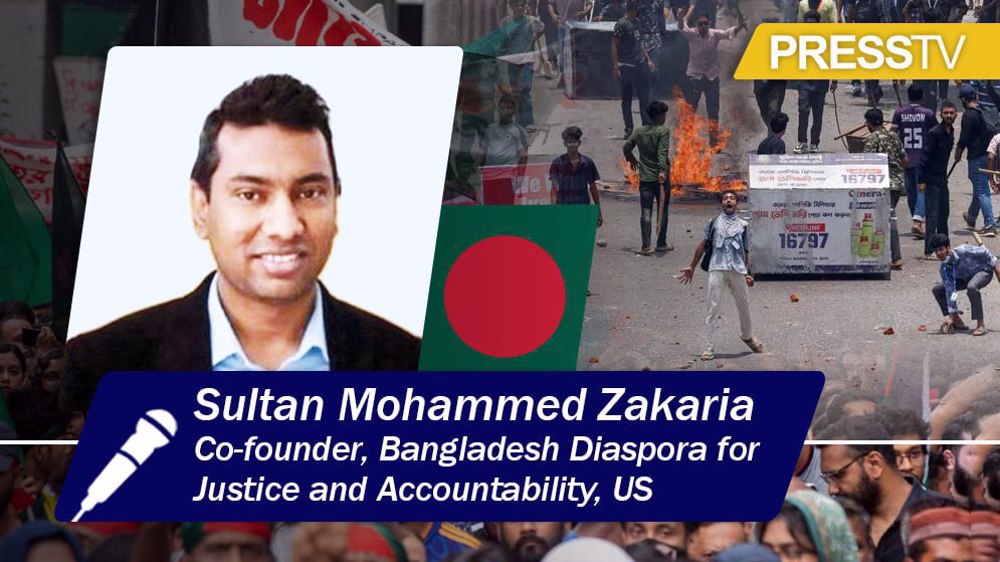
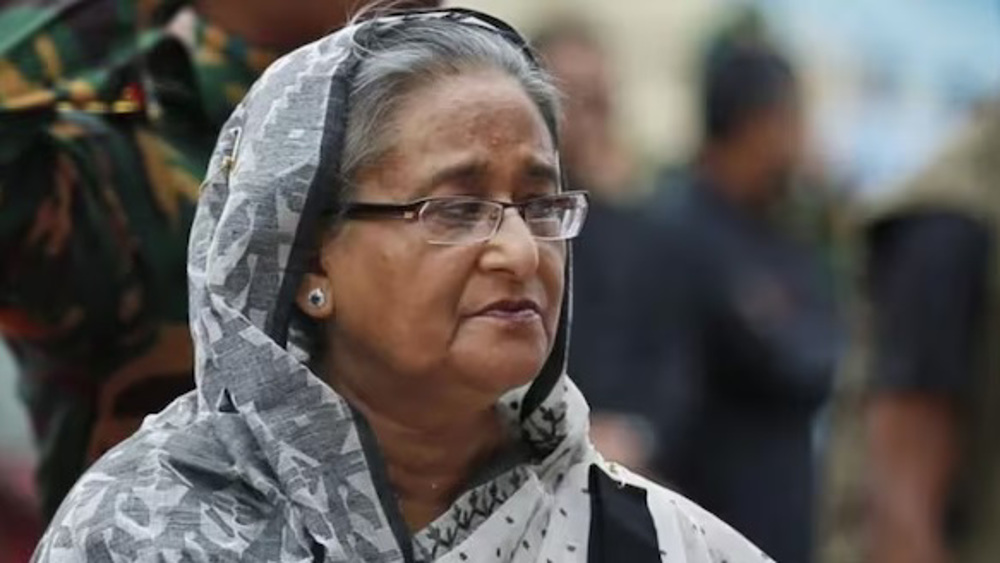






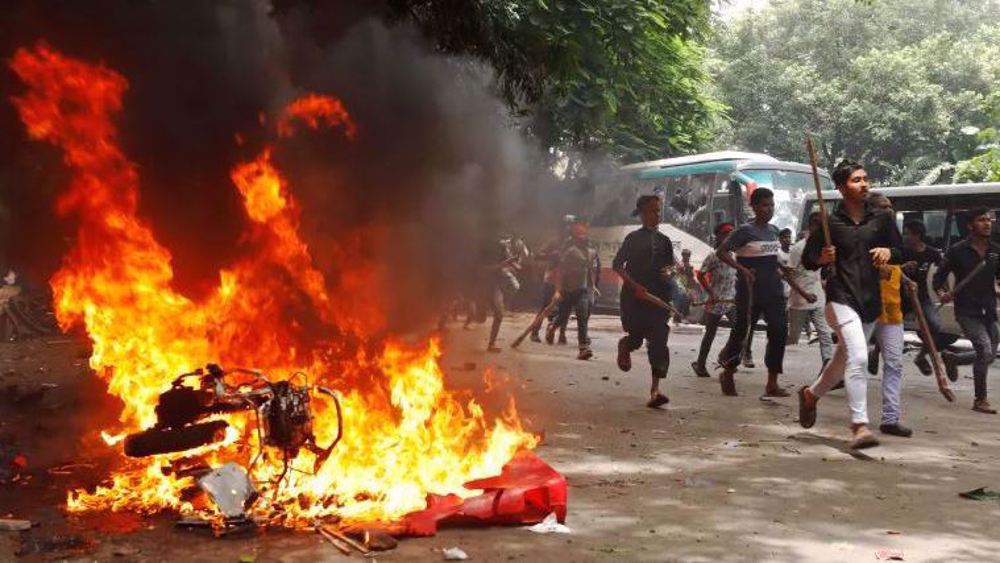
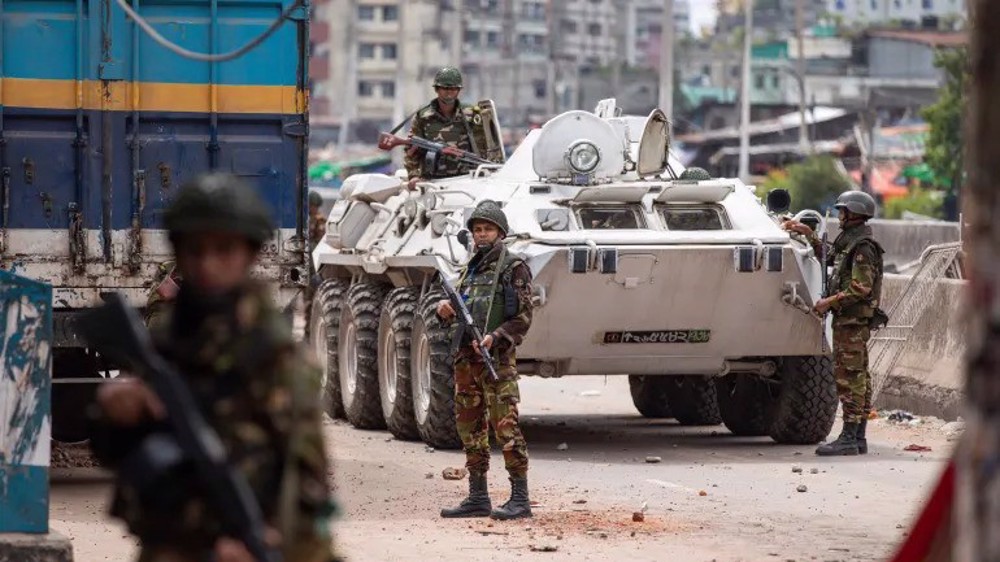
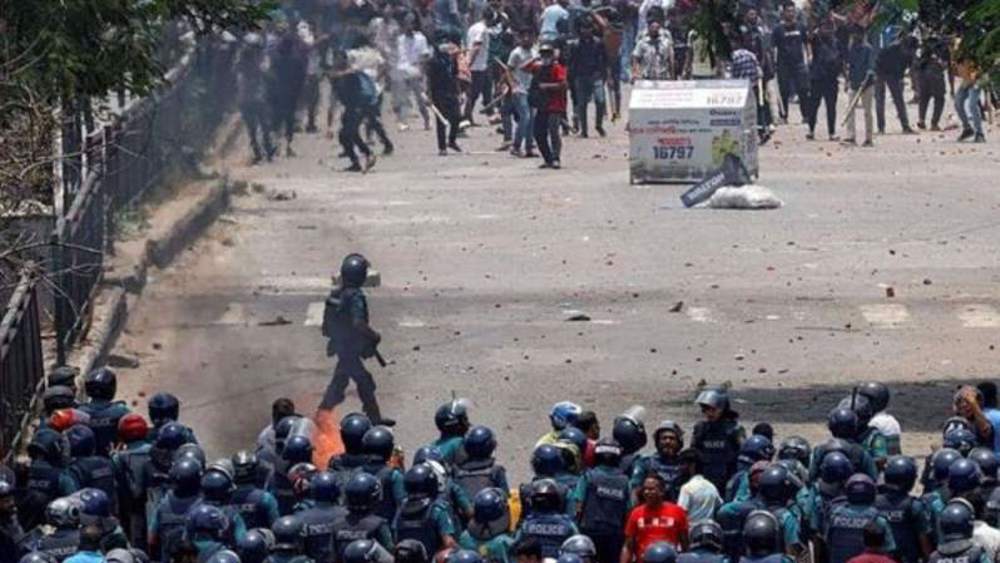
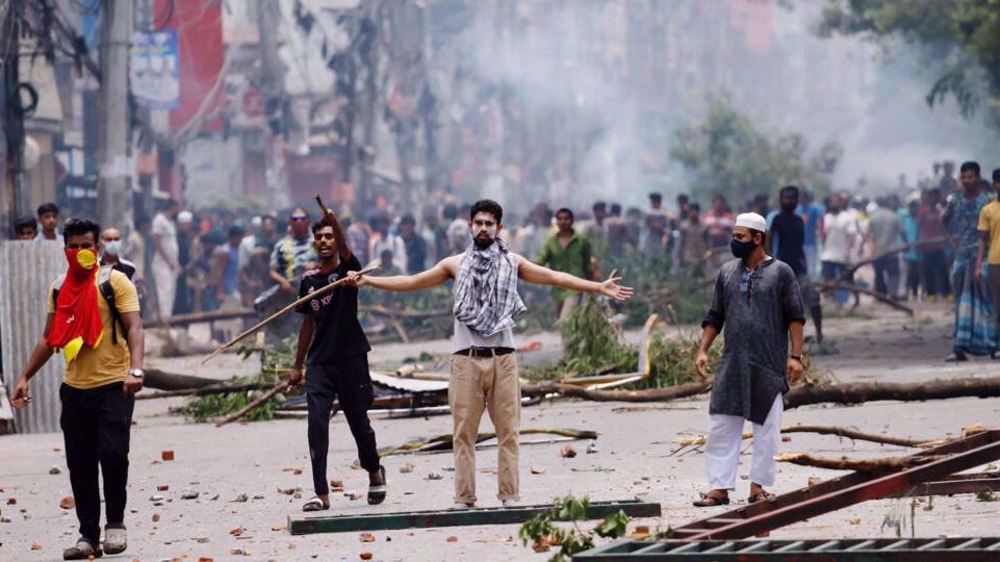
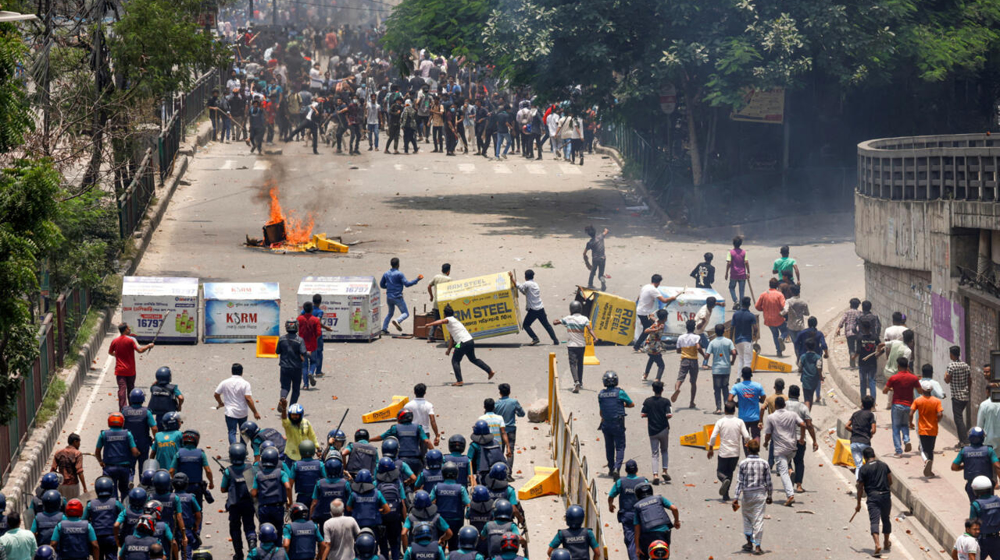

 This makes it easy to access the Press TV website
This makes it easy to access the Press TV website